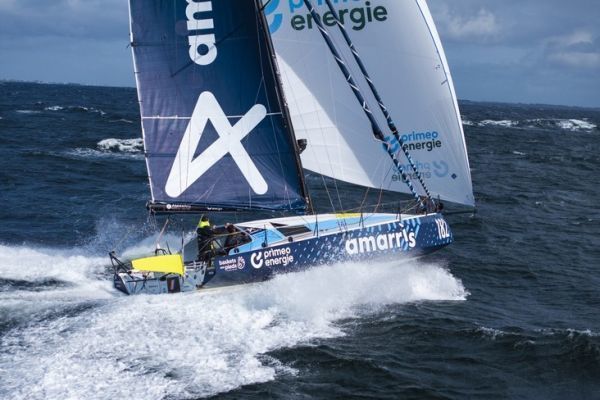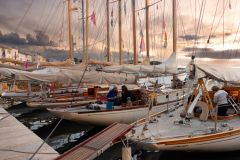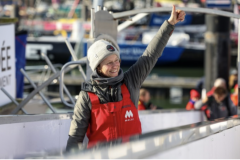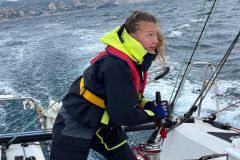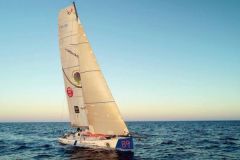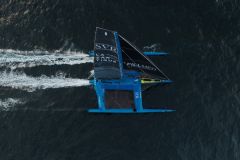Ocean racing, particularly the Niji40, tests the limits of sailors and their boats. Over the past few days, the leading pack, led by the crew of Amarris with Spaniard Pep Costa on board, who is celebrating his 25th anniversary at sea, has faced weather conditions of rare intensity. Violent winds, gusting up to 35 knots, and rough seas characterized the early part of the course. This environment took its toll on the fleet, forcing the Italian boat Tyrolit to make a stopover in Gijon to evacuate an injured crew member. Despite these challenges, the fleet made good progress, a sign of the crews' preparation and resilience.
Strategies and misadventures at sea
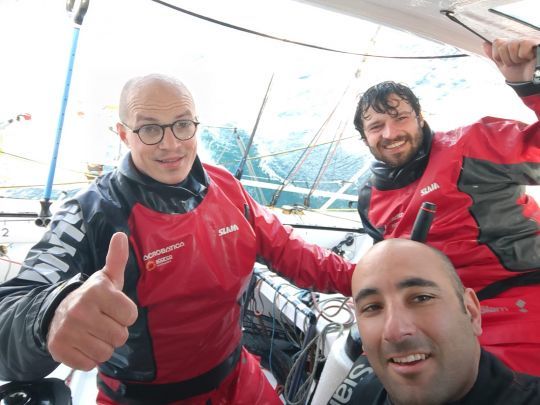
Beyond the battle against the elements, the race was also marked by varied navigation strategies and technical incidents. Several boats had to deal with damage, forcing them to stop for repairs, as was the case for Tohu-Bohu and E.Leclerc-Ville-la-Grand, both en route to La Coruña for a technical stopover. These events testify to the demanding nature of this regatta, where every detail counts, from crew management to tactical choices in the face of capricious weather. The crew of Amarris, by taking advantage of a slightly offset trajectory offshore, came out on top, illustrating the importance of a navigation strategy adapted to both weather conditions and the lay of the land.
The challenge of getting around the anticyclone
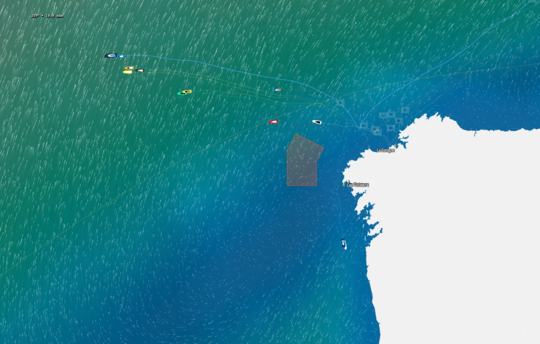
The fleet's progress along the Spanish coast is now accompanied by a new challenge: getting around a high-pressure bubble positioned on the outskirts of the Iberian peninsula. This phase of the race requires particular care on the part of the skippers to avoid zones of calm which could slow their progress. The first crews, including Amarris and Vogue with a Crohn's, have chosen to sail north-west to get past this obstacle, while two others, Everial and Dékuple, are trying their luck closer to the Iberian tip to pass under the anticyclone.
This discrepancy in bypass strategy underlines once again the complexity of sailing on the high seas, where reading weather files and making quick decisions are crucial to keeping up the pace and positioning oneself to win.
